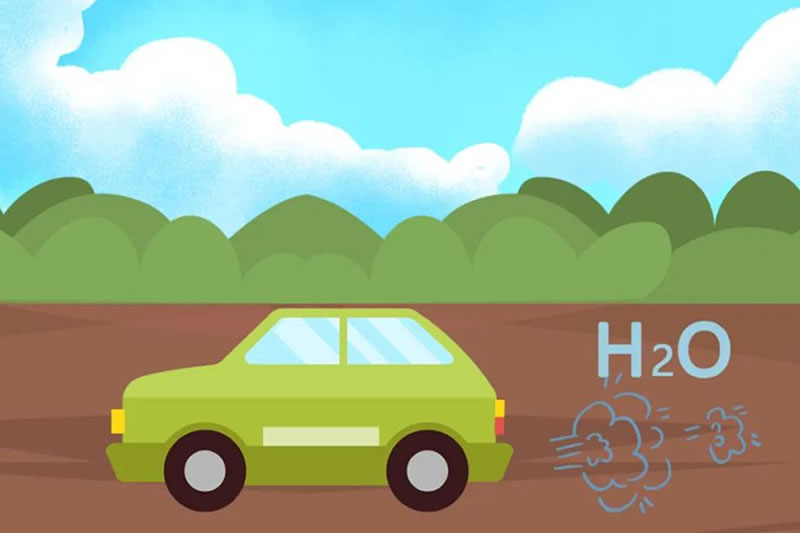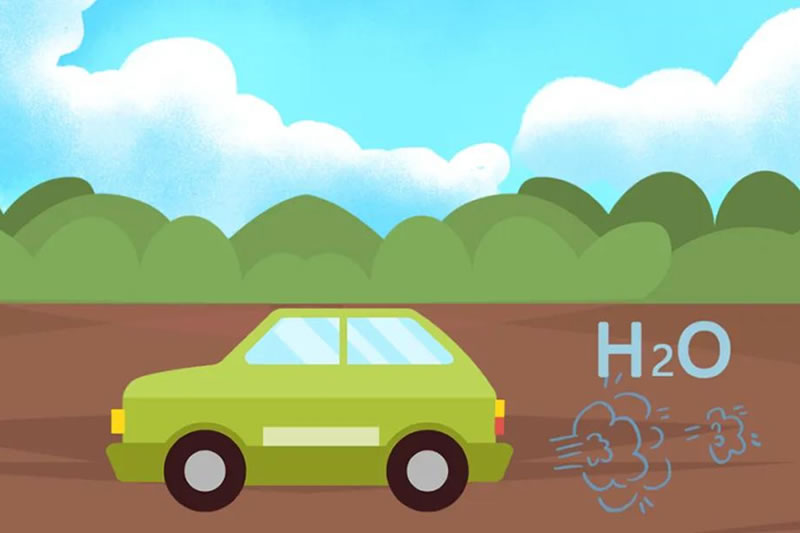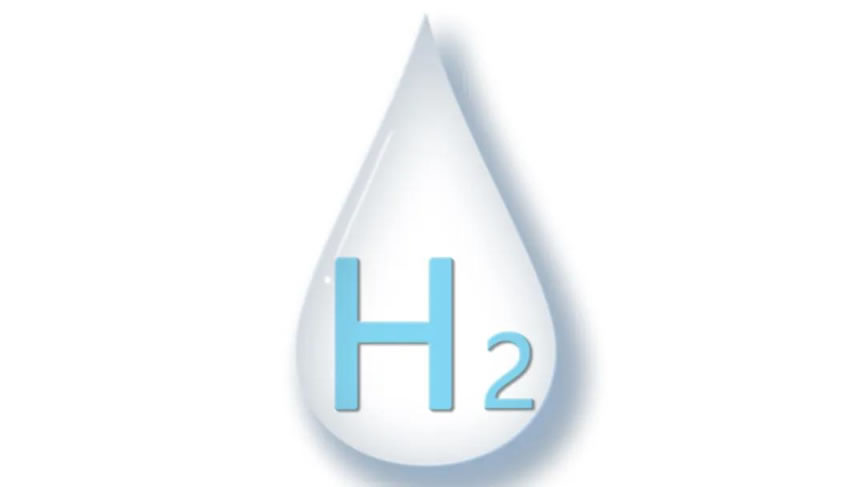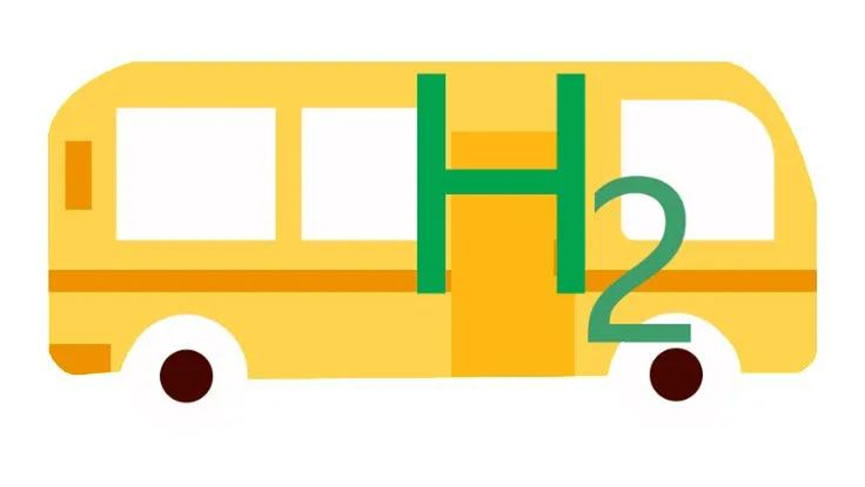-
Call Us On:
+86-577-61675999
+86-15355776033 -
Send us a Mail:
- Get a Quote
+86-577-61675999
+86-15355776033

Does the development of hydrogen fuel cell vehicles locks in "three cities" and paves the way for "a thousand cars in ten cities" with awards instead of subsidies?
Four ministries and commissions such as the ministry of finance recently issued a "about perfecting the new energy automobile application fiscal subsidy policy notice" (hereinafter referred to as the "notice"), hydrogen fuel cell vehicles subsidies will purchase subsidy way by facing the whole country, to choose to have foundation, motivation, characteristic of a city or area, focus on technology research and industrialization of key parts to carry out the demonstration, the central government will replace subsidies with awards ways of demonstration cities shall be rewarded. Hydrogen fuel cell vehicles are the focus of the future development of new energy vehicles. Can the supportive policy of "replacing subsidies with awards" play its expected role? Can we avoid the problem of subsidies affecting the technology route in the new energy vehicle industry in the past? These questions have yet to be tested in the implementation of the policy.

We will encourage the development of "three characteristics" with awards instead of subsidies.
The official interpretation says that the core technology and key components of the fuel cell vehicle industry are missing, and the innovation consciousness and abilidty are not strong. Inadequate infrastructure; The limitations of the subsidy policy on the consumer side to promote industrial chain and infrastructure construction are increasingly apparent. Therefore, adjust the subsidy way to select part of the city around the fuel cell car key parts and components of core technology research and industrialization demonstration application in fuel cells, demonstration in the four-year period, the central government will according to the resultes of “replace subsidies with adwards” ways of demonstration city of reward, support local enterprises in research and development of new technology research and industrialization, talent introduction, team building and new technology in the demonstration and application of fuel cell vehicle, etc.
In fact, there have been hints of a change in the way hydrogen fuel cells are subsidized. In the second half of last year, the authorities repeatedly pointed out the problems in the hydrogen fuel cell vehicle industry, and said that they would not adopt the "flood irrigation" subsidy method, revealing that the hydrogen fuel cell vehicle industry support policy will have a new plan. The conclusion of cCIEC's investigation on the hydrogen industry commissioned by relevant ministries and commissions also emphasizes that hydrogen energy should be developed under the premise of controllable technology, as the core technology and components of the hydrogen industry are under the control of others. If there is a large subsidy terminal, the end result is likely to be financial flows to foreign companies. As far as the hydrogen fuel-cell car industry is concerned, it is not surprising that the industry is offering incentives instead of subsidies.

The end of the pratt & Whitney subsidy is featuless or no reward
New subsidy policy is clear, hydrogen fuel-cell vehicle demonstration period for 4 years, demonstration during the central government will, according to the result of "replace subsidies with awards" ways of demonstration city of reward, support local enterprises in research and development of new technology research and industrialization, talent introduction, team building and new technology in the demonstration and application of fuel cell vehicles, etc. Just as Wang Binggang, head of the National Innovation engineering Project expert group of New Energy Automobile, said, the way of "replacing compensations with awards" will give enterprises more space for free development. The free space includes many aspects such as technology research and development and marketing mode.
There is no doubt that such free space can avoid to some extent the problem of subsidies affecting the technological route of new energy vehicles in the past decade, and it is also more conducive for local governments to develop more suitable and distinctive local hydrogen fuel cell vehicle industry according to their own characteristics and local conditions. Lu Chenyu, deputy secretary general of the National Fuel cell and Liquid flow Battery Standard Committee, said in an interview that the resource endowment and industrial base of hydrogen fuel cell vehicles in different parts of China are different, which requires different regions to develop their own development mode according to their own characteristics, rather than one size fits all. "Not all places are suitable for the development of hydrogen energy and fuel cell vehicle industries. The industry characteristics require scientific planning and rational distribution in combination with the local industrial structure and foundation. That's why we need to set standards for awards instead of compensation. We need to avoid blindly following the trend, which will lead to the spread of chickens after a few years." "Lu said.
However, "replacing compensation with award" has certain rigid requirements, and the risk of failing to meet the requirements and receive rewards also exists. Huang Yonghe, director of the China Automotive Technology Research Center, said in an interview that there must be certain requirements to meet the requirements of the award. "For example, if you reach 100 points, you will get the full reward, and if you reach 60 points, you will get 60 percent. But the details are still up in the air. But there are certain standards and requirements." Huang yonghe said. A separate notice will be issued on the new state subsidy policy.
Notable is, shortly after the subsidy policies issued, it will spread out of the Treasury for the partial provinces and cities of fuel cell vehicles demonstrated a comment letter, although the opinion letter has not been officially confirmed, but from the content point of view, in view of the fuel-cell vehicle demonstration promotion, relevant departments really set the threshold, industry foundation, demonstration experience, filling station infrastructure will be demonstrated and the conditions of the city requires, must reach a certain scale to get the central financial rewards (subsidy). Lu added that the document has targets to reward cities for meeting them, and that the proposal could be a "desperate" move.
In fact, many see it as paving the way for a "thousand cars in ten cities" for fuel-cell vehicles. According to Huang yonghe, the "prize-for-subsidy" demonstration zone may not be limited to 10 cities or regions, but will be based on the actual situation, combined with local resource advantages, industrial development and other conditions to determine which regions can be included in the scope of demonstration promotion. From the current situation, the Beijing-Tianjin-Hebei region, the Yangtze River Delta and the Pearl River Delta region may become more potential areas, the development of the unique hydrogen fuel cell vehicle industry is more likely.

Local governments will take greater responsibility
The key of "replacing compensation with reward" is to develop first and reward later. That is to say, local governments need to build an environment and foundation for the hydrogen fuel cell industry that meets the requirements. In particular, in terms of technology and marketing, the country will only cash the reward if it meets the requirements and forms characteristics.
In terms of the current development status of the industry, it is difficult for hydrogen fuel cell vehicles to achieve market promotion by relying on the power of enterprises alone, and it is only possible with the help of subsidies. "Now the development of hydrogen fuel cell vehicles need to guide farmers, government and strength are encouraged to have a place to do it, to be further mature technology, the industry formed a certain scale, infrastructure is gradually perfect, costs plunged after the industry had a virtuous cycle, the support of the government to withdraw from, so you can really promote industry development. Otherwise, at the present stage, the power of enterprises alone cannot develop the industry. Lu Chen already, for example: "zibo in shandong province has a large number of industrial by-product hydrogen, hydrogen mostly come from the weifang area, and the current of hydrogen storage and transportation cost is high, comprehensively, zibo hydrogen production costs 20 yuan/kg, to weifang will cost up to 70 ~ 80 yuan/kg, the price of running vehicles is unacceptable. "If the price of hydrogen is higher than 40 yuan/kg, hydrogen fuel-cell cars won't be able to compete with gasoline cars and will lose their advantage."
In addition, the purchase of vehicles also requires financial support from local governments so that the operating units can purchase vehicles for operation. Weifang adopts government-funded purchase of fuel cell buses, and reduces the price of hydrogen by means of government support, so that fuel cell buses can be put into market operation first. This is also the practice of hydrogen fuel cell vehicles in Foshan, Yunfu and other places in Guangdong to take the lead in the demonstration operation. In other words, the current market operation of hydrogen fuel cell vehicles requires local governments to provide subsidies with real money. Before the development of hydrogen fuel cell vehicles with local characteristics, local governments need to assume greater responsibility, and financial resources will be a big test.
At the same time, the new national subsidy policy also sets a target for hydrogen fuel cell vehicles, that is, strive to establish an industrial chain of hydrogen energy and fuel cell vehicles within about four years, and make breakthroughs in key core technologies. "The state hopes to guide industrial technological progress, develop infrastructure and foster conditions for industrial development so that in four years, the hydrogen fuel-cell car industry will be able to 'wean itself off food'." Lu Chenyu said.
Lu Chen already also suggested that in the industrial support policy of the fuel cell vehicles, especially to support a core technology, independent innovation in enterprises, can effective technology in the areas of air condition at home and abroad for reference, the management (CM) system, the core components for fuel cell vehicles and research and development production, promote enterprise product whole life cycle management using information technology means, also facilitate to strengthen the inspection and supervision, guide the industry to the healthy and sustainable development road. At the same time, it will help relevant departments in the development of hydrogen fuel cells, so as to make the reward real.
For more information